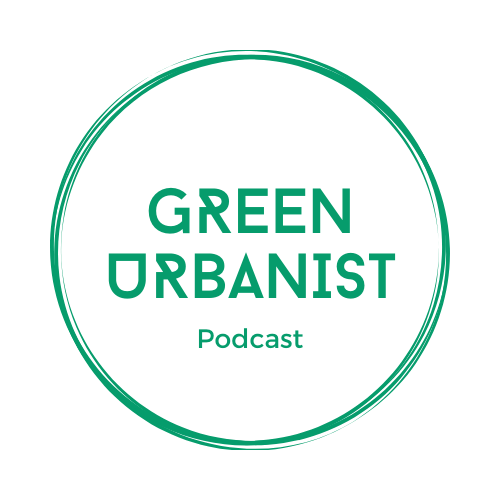Embracing conflicting visions of sustainability
Recently a friend asked me of the Green Urbanist Podcast, ‘What do you do if a podcast guest says something you disagree with?’.
I replied, ‘Honestly, usually nothing’.
I’ve had the pleasure of interviewing over 70 people on the podcast over the years. These range from practicing architects to academics to radical thought leaders and community organisers. It would be impossible for me to engage with so many and varied people and agree with 100% of what everyone says.
But agreement is not the point. I don’t believe there is anybody alive who is such an expert in all things sustainability that they wouldn’t benefit from hearing another’s perspective. So, embracing the conflict of differing opinions (sometimes wildly differing) is essential for learning and growth. It’s uncomfortable but I think we need to embrace it.
The reality of climate change has become so accepted now that the challenge is not in convincing people it is true (with some notable exceptions) but in agreeing a course of action to tackle it. Everyone seems to have their own mental model for what is meaningful climate action and what a sustainable world would look like. This ranges from technological and policy tweaks to full blown revolution.
The result is that between podcast episodes, it can feel like everybody is saying different things. Systems thinkers like Nate Hagens and Michael Pawlyn present a broad and interconnected analysis of the climate crisis and suggest that far-reaching, systemic responses are needed. Meanwhile, those more focused on practice, like Rachel Hoolahan (Orms) and Sam Luker (AESG), are working within the current system to make cities less carbon intensive and wasteful. Other people are focused on local interventions to build resilience, like Sean McCormack (Ealing Wildlife Group).
These perspectives are all different. But none of them are wrong. They are just answers to different questions.
If you find yourself disagreeing with someone on some aspect of sustainability, then good. It’s a chance to reflect on your own paradigm and either review or strengthen it.
Without this acceptance of conflict, I fear the sustainability movement risks splitting into warring camps, where in-fighting takes precedence over forming a united front. Okay, enough with the war analogies. Go out and disagree with someone - and decide to stay friends.
As I write this, I realise that I could be better at engaging in friendly debate with guests when a disagreement arises. I’ll try to improve on this going forward.
#91: A West African Perspective on Sustainable Architecture, with James Inedu-George (HTL Africa)
On this theme, I’d like to highlight my latest episode. I was joined by Nigerian architect James Inedu-George of HTL Africa to discuss what we can learn from traditional west African architecture and urbanism to apply to current challenges of climate change and housing shortages.
He shared a different perspective that at times I found challenging - in a good way. I hope you enjoy it. Click a link below to listen.
Spotify:
Let me know if this resonated with you or if you would push back on anything. Reply to this email or comment below.
Hopefully it goes without saying that anyone engaging in climate denial or greenwashing should absolutely be challenged. I just don’t tend to invite those people on my podcast.
Thanks for reading,
Ross O’Ceallaigh




